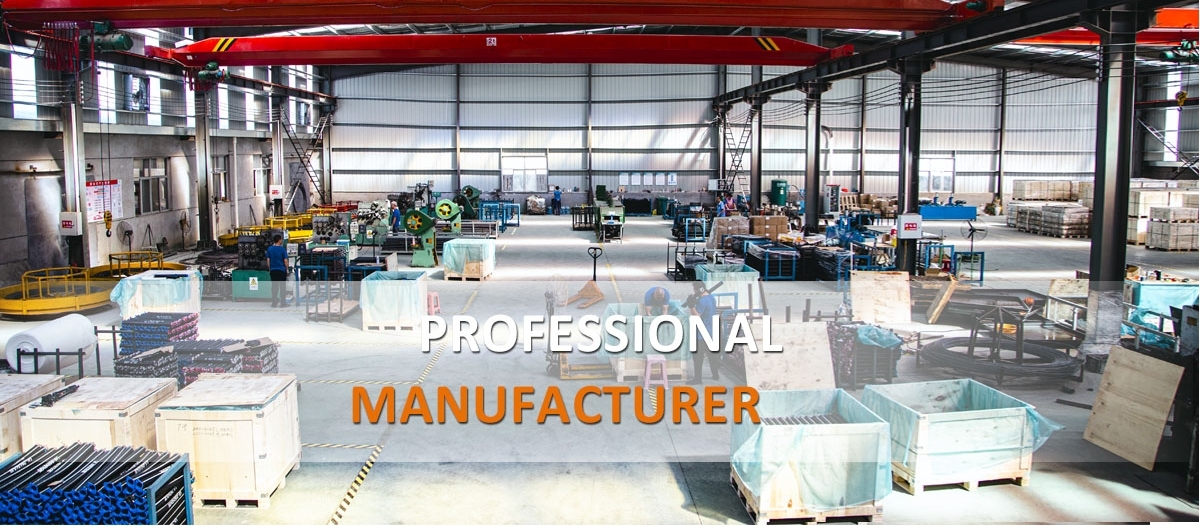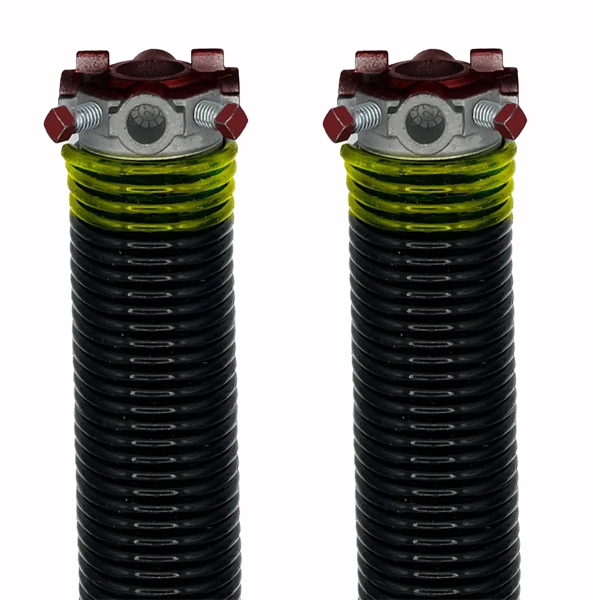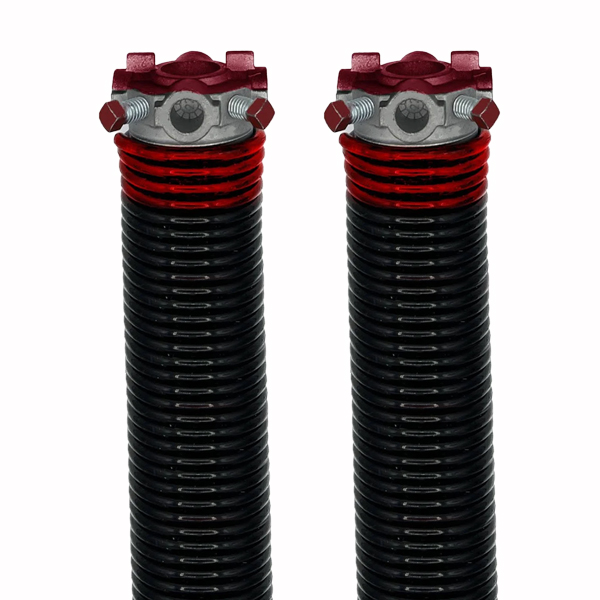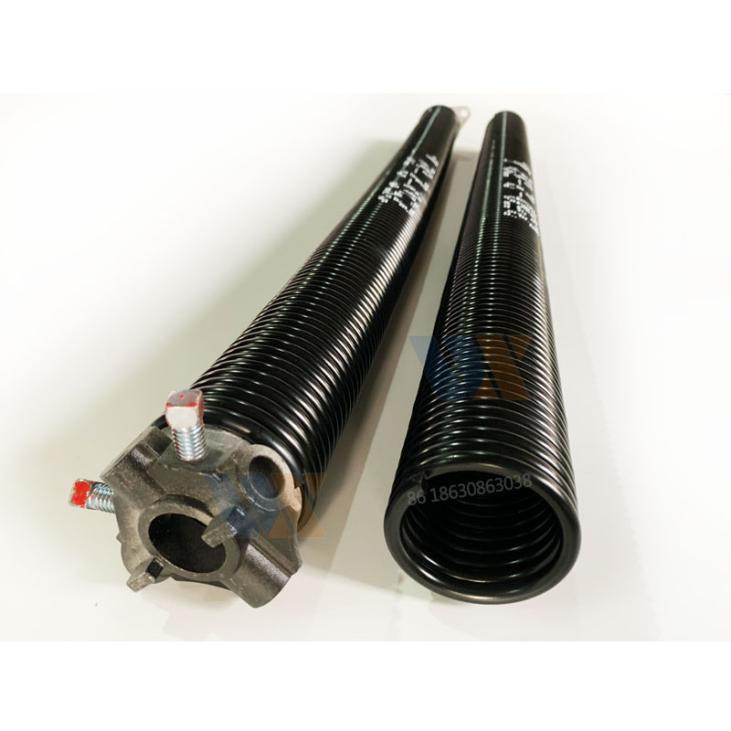Advantages and Disadvantages of Garage Doors Without Torsion Springs

Advantages and Disadvantages of Garage Doors Without Torsion Springs

PRODUCT DETAILS
| Material : | Meet ASTM A229 Standard |
| ID : | 1 3/4’, 2’, 2 5/8’, 3 3/4’, 5 1/4’, 6’ |
| Length | Welcome to custom length |
| Product type: | Torsion spring with cones |
| Assembly service life : | 15000-18000 cycles |
| Manufacturer warranty: | 3 years |
| Package: | Wooden case |
Advantages and Disadvantages of Garage Doors Without Torsion Springs
ID: 1 3/4 ' 2' 3 3/4' 5 1/4' 6'
Wire dia : .192-.436'
Length: Welcome to customize


Torsion Spring For Sectional Garage Doors
Long lasting Corrosion resistant coated steel coils to help slow rusting process over spring life .


Tianjin Wangxia Spring
Right wound springs have red color coated cones .
Left wound springs have black cones.


APPLICATION



CERTIFICATION

PACKAGE

CONTACT US

Title: Advantages and Disadvantages of Garage Doors Without Torsion Springs
introduce:
Garage doors play a vital role in ensuring the safety and accessibility of vehicles and storage spaces. While most garage doors are equipped with torsion springs to facilitate smooth operation, some homeowners may opt for a garage door without torsion springs. In this blog, we'll explore the pros and cons of garage doors without torsion springs, clarifying their suitability for different types of homes.
Advantages of garage doors without torsion springs:
1. Cost-effective solution:
One of the main advantages of garage doors without torsion springs is their affordability. Torsion springs tend to add to the overall cost of garage door installation or repair. By choosing a garage door without torsion springs, homeowners can save a lot of money, especially when long-term maintenance costs are considered.
2. Reduced maintenance:
Torsion springs require regular inspection and maintenance to ensure their functionality and prevent accidents. Garage doors without torsion springs eliminate the need for this type of maintenance because they rely on an alternate mechanism to open and close smoothly. This saves the homeowner the time, effort and additional expense associated with repairing torsion springs.
3. Enhanced security:
Although torsion springs are designed to support garage door movement, if they fail or break, they can cause accidents. Garage doors without torsion springs increase safety because they eliminate the risk of torsion spring-related accidents. This is especially beneficial for families with children or pets, giving homeowners peace of mind.
Disadvantages of garage doors without torsion springs:
1. Reduce weight:
Torsion springs are specifically designed to support the weight of your garage door, allowing for smoother opening and closing. Garage doors without torsion springs rely on other mechanisms, such as tension springs or counterbalance systems, which may be limited in their weight-bearing capacity. This means that heavier garage doors may not be suitable for systems without torsion springs.
2. Potential operational problems:
Garage doors without torsion springs can experience operational issues over time. Since torsion springs provide optimal balance and support, the absence of torsion springs can lead to complications such as unbalanced door movement, increased wear on other components, or even complete system failure. Regular inspections and timely repairs are critical to minimizing these potential problems.
3. Limited Availability and Customization:
While the market for garage doors without torsion springs has been growing steadily, their availability may still be relatively limited compared to traditional garage doors. Additionally, some homeowners may find it challenging to find custom options for garage doors without torsion springs due to their specific design requirements. This can limit homeowners from achieving the aesthetic look desired for their garage doors.
in conclusion:
Garage doors without torsion springs are a cost-effective and low-maintenance option for homeowners looking for an alternative to traditional garage doors. However, weight capacity requirements and potential operational issues that may arise must be considered. Homeowners must weigh the pros and cons to make an informed decision, keeping their unique needs and preferences in mind. Prioritizing aspects of security, maintenance, and customization will help homeowners choose the best garage door for their home.












